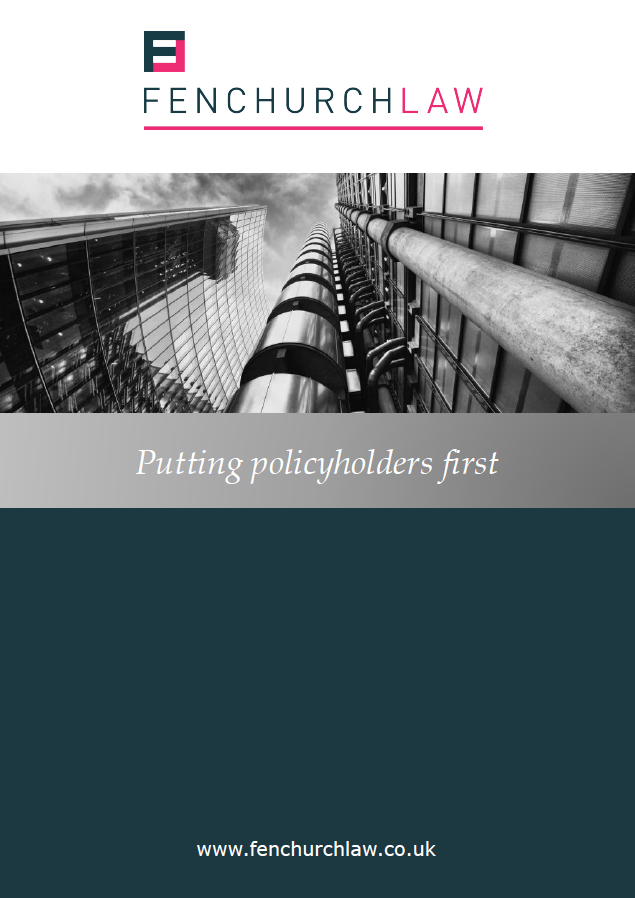
Concurrent Evidence for Expert Witnesses
This firm has made clear that it supports those parts of Lord Justice Jackson’s review of civil litigation costs (“the Jackson Report”) that are aimed at reducing the cost of civil litigation as a whole, whilst opposing those parts of the Jackson Report that are aimed at shifting the burden of what costs remain from defendants on to claimants (see our comments at: http://tinyurl.com/2elzb39).
One recommendation aimed at reducing costs which is currently being trialled is the practice of more than one expert giving oral evidence to the court at the same time, known as concurrent evidence or, more colloquially, “hot tubbing”.
It is not clear at this stage whether the cost savings that will be made by the introduction of hot tubbing will justify the increased risk of a case collapsing due to a bad performance of an expert under pressure. The value of experts is, in our view, in their technical expertise, rather then their advocacy skills or their ability to outwit their counterpart in an artificially pressurised situation.
Litigation is already the highest-risk form of dispute resolution available. The high risk nature of litigation is responsible, at least in part, for driving the increased popularity of alternative dispute resolution, and it is inevitable that any measures which further increase the risk inherent in litigation will inevitably disourage potential litigations from using the process.
That being the case, we would question whether the proposed introduction of hot tubbing signals a loss of confidence in litigation itself. If so, it shouldn’t do: litigation remains a valuable and important form of dispute resolution which, in its present form, is capable of appropriately complementing other forms of dispute resolution, several of which (mediation, early neutral evaluation, adjudication, and of course negotiation) can be pursued alongside litigation.
On the basis of the above, we would be wary of any changes to the litigation process which increase the risk of litigation, unless the cost savings that would be achieved are so significant as to outweigh the negative impact of that increased risk.
Other news
Timing is everything – Makin v QBE and the cost of not complying with a condition precedent
3 July 2025
This recent decision from the High Court provides a powerful reminder of the consequences of not complying with a…
You may also be interested in:
Archives
Categories
- Business Development
- Construction & Property Risks
- News
- International Risks
- Legislation
- Financial & Professional Risks
- Case Law
- Professional Risks
- Press Release
- Uncategorized
- The Good, the Bad and the Ugly
- Fenchurch Law Webinars
- Stonegate
- Newsletter
- Events
- Webinars
- Comparing German and English Insurance Law – A Series
- Construction Risks
- Operations



